Armed convoys are rumbling toward Pakistan’s border with India. Fighter jets are slicing across the sky. Television screens are filled with warnings of impending conflict. National leaders are vowing a decisive response to any military action.
But beneath Pakistan’s drumbeat of defiant declarations as tensions erupt with India, a weary Pakistani public sees war as the last thing the country needs.
The gap between official talk and civilian exhaustion reveals a country grappling with deeper fragilities. Economic hardship and political resignation course through everyday life.
On university campuses and in living rooms, conversations are less about battles and borders and more about inflation, unemployment, a political system that feels unrepresentative and a future clouded by uncertainty.
“It makes me feel uneasy,” said Tehseen Zahra, 21, a university student in Islamabad, the capital, a week after a terrorist attack in Indian-controlled Kashmir inflamed the longstanding enmity between India and Pakistan.
“I get that leaders want to show strength,” she added. “But talking about war feels like too much. We already have too many problems. We need peace, not more trouble.”
Just buying groceries is a strain for her family, she said, after prices have risen by as much as 30 percent annually in recent years. “They talk a lot,” she said, referring to politicians, “but we don’t see much change. It feels like they don’t understand what people are going through.”
Even among those who hold on to patriotism, there is a recognition of the country’s immense challenges.
“I feel the country is much weaker today because of economic struggles and political instability,” said Inamullah, 25, a student in Islamabad who goes by one name.
Still, Pakistanis remain resilient. On social media, memes mocking the idea of war — often also poking fun at what many Pakistanis see as Indian warmongering — have circulated widely, a dark form of humor that many see as a coping mechanism.
“It’s resilience, yes,” said Javeria Shahzad, a psychotherapist in the eastern city of Lahore. “But it’s also a distraction.”
Ms. Shahzad said that over the past few years, she had seen a grinding despair among her clients as political crackdowns shrink freedoms and the country navigates one of its worst economic crises in decades. “People have become very anxious,” she said.
The military has long held a central role in Pakistani life, not just defending the country’s borders, but also influencing its politics behind the scenes. It has traditionally commanded deep public loyalty, often emerging as the unifying force during national crises, including repeated wars with India.
During the last major flare-up between the two countries, when militants killed dozens of Indian security forces in Kashmir in 2019 and passions surged on both sides of the border, the Pakistani military’s hold on public sentiment remained strong.
Today, such emotions are much more complicated.
While expressions of loyalty to the military persist, they are often tempered by frustration and anger. The political turmoil that followed the ouster of Imran Khan as prime minister in 2022 — and the sweeping crackdown on his supporters that followed — has left scars across society.
Mr. Khan, once favored by the military establishment, had a falling-out with the generals and was removed. Since then, thousands of his supporters have been jailed, and many party leaders have been forced to defect or go underground.
“The respect, love, ownership by the masses has been dented,” said Mohsin Leghari, who was a minister in a provincial government during Mr. Khan’s time in power. “Everyone knows someone who has been mistreated,” he added.
Aaliya Hamza, a former lawmaker from Mr. Khan’s party who has been jailed and subjected to police torture and house arrest, said the military now risked losing the public support it needed in moments of national crisis.
“If you don’t have public support, what will happen?” she asked.
Ms. Hamza argued that Mr. Khan — even while imprisoned — should be included in the national conversation, an idea that current opposition politicians have also floated.
So far, the government has shown little inclination to reach out.
Relations between Pakistan’s army chief, Gen. Syed Asim Munir, and Mr. Khan have remained adversarial. During the 2019 crisis between Pakistan and India, General Munir served as director general of the powerful Inter-Services Intelligence agency. Mr. Khan removed him a few months later and opposed his appointment as army chief.
Analysts describe General Munir as a hard-liner on India, with a leadership style shaped by his background in military intelligence. Critics argue that his tenure has coincided with a deepening of the military’s dominance over Pakistan’s political landscape, limiting avenues for dissent and dialogue.
The political divisions in Pakistan come at a precarious time.
Pakistan’s western border remains volatile, with militant groups like the Pakistani Taliban and Afghan Taliban fighters stepping up attacks. This week, Pakistani security forces said they had killed 54 militants during a two-night operation to repel an infiltration near the Afghan frontier. In the southwest, a low-level separatist insurgency has simmered for years, becoming more lethal recently.
The country’s economic challenges only deepen the anxiety. The government recently secured another bailout from the International Monetary Fund, and officials have been promising relief to a weary public. But for many Pakistanis, the promised economic turnaround feels distant and slow to trickle down.
Pakistan’s finance minister, Muhammad Aurangzeb, has said that the economic fallout from the tensions with India was “not going to be helpful” to the country’s fragile recovery.
For many, the struggle to get by and the fear of armed conflict now feel like parts of the same burden. And the pain is particularly acute in the part of Kashmir controlled by Pakistan.
In the Neelum Valley, the once-busy tourist resort town of Keran now lies empty. The guesthouses are quiet. Residents say that tourists have stopped coming since the terrorist attack across the border in Indian Kashmir.
Raja Amjad, who runs a tourism business, said that the authorities had not imposed an official ban on tourists but that there was little need.
“People don’t want to risk it,” he said. “No one is coming.”
In Athmaqam, a town near the so-called Line of Control dividing Kashmir, Saadia Bibi, 40, has cleared out a bunker behind her home.
“The firing hasn’t started yet, but it can come any time,” she said. “I’m getting it ready for my children.”
Across the country, many young Pakistanis see hope only in leaving.
“What actually gets to most of us is trying to become independent in a suffocating country like Pakistan,” said Zara Khan, 31, who works in the corporate sector in Islamabad. “We don’t have adequate resources. The job market is pathetic. Raising a family is a distant dream.”
“Staying here,” she added, “is utterly bleak.”
Jalaluddin Mughal contributed reporting from Muzaffarabad, Kashmir.
pakistans-leaders-may-talk-tough-but-war-with-india-is-the-last-thing-pakistanis-want

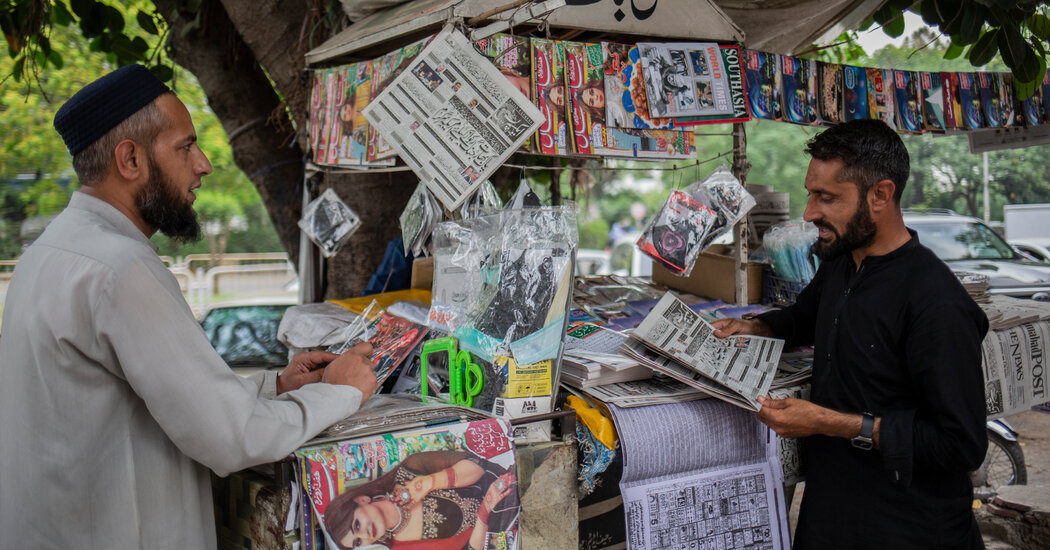
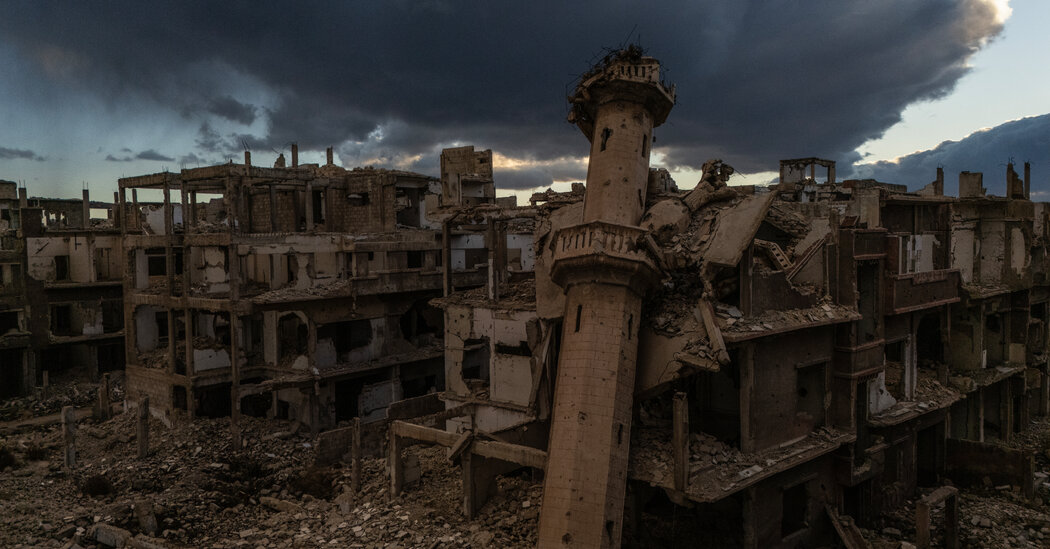
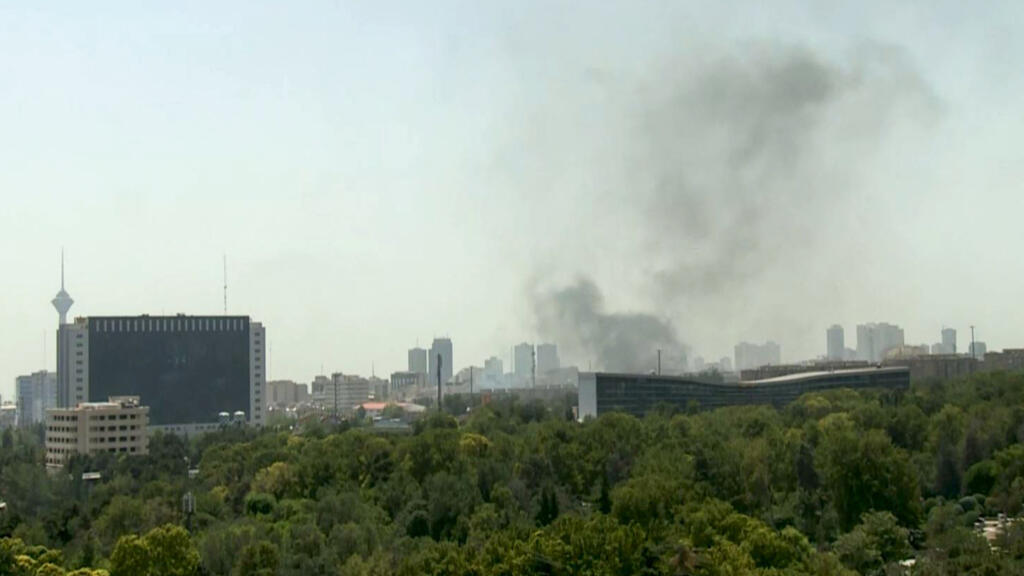
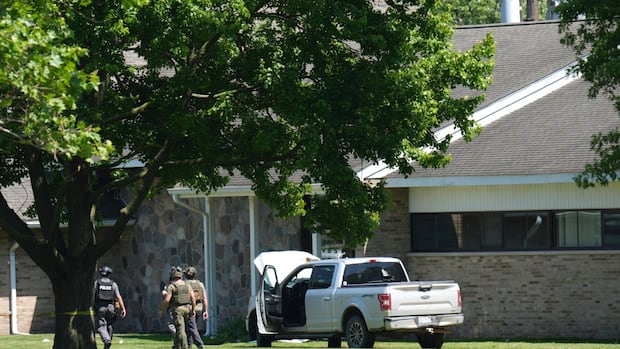
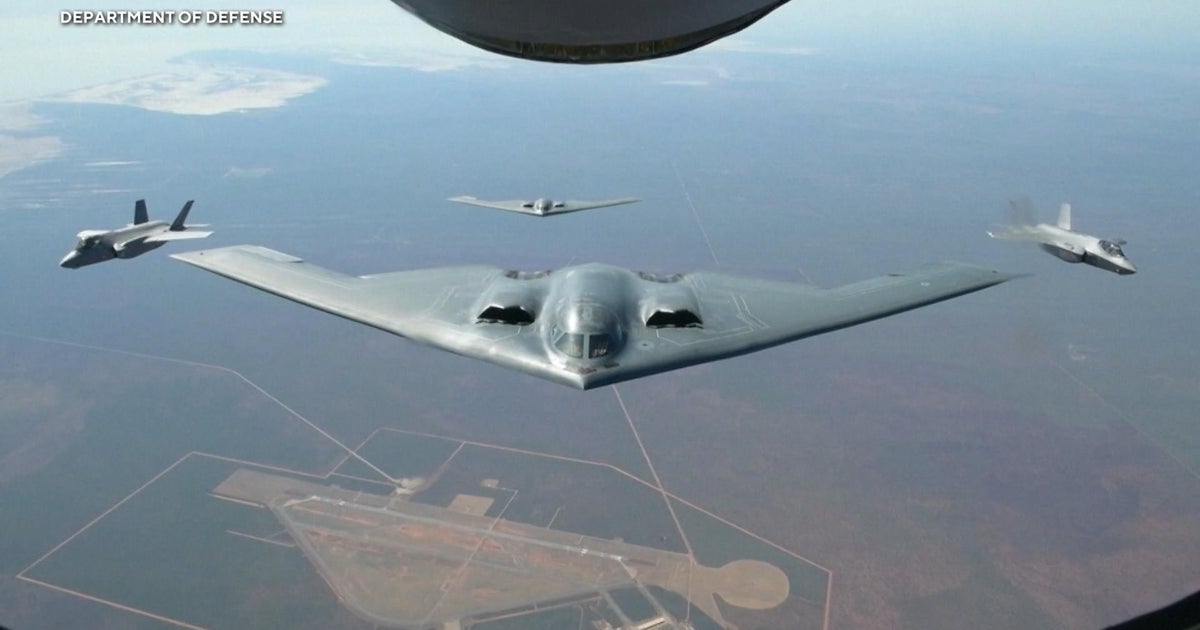
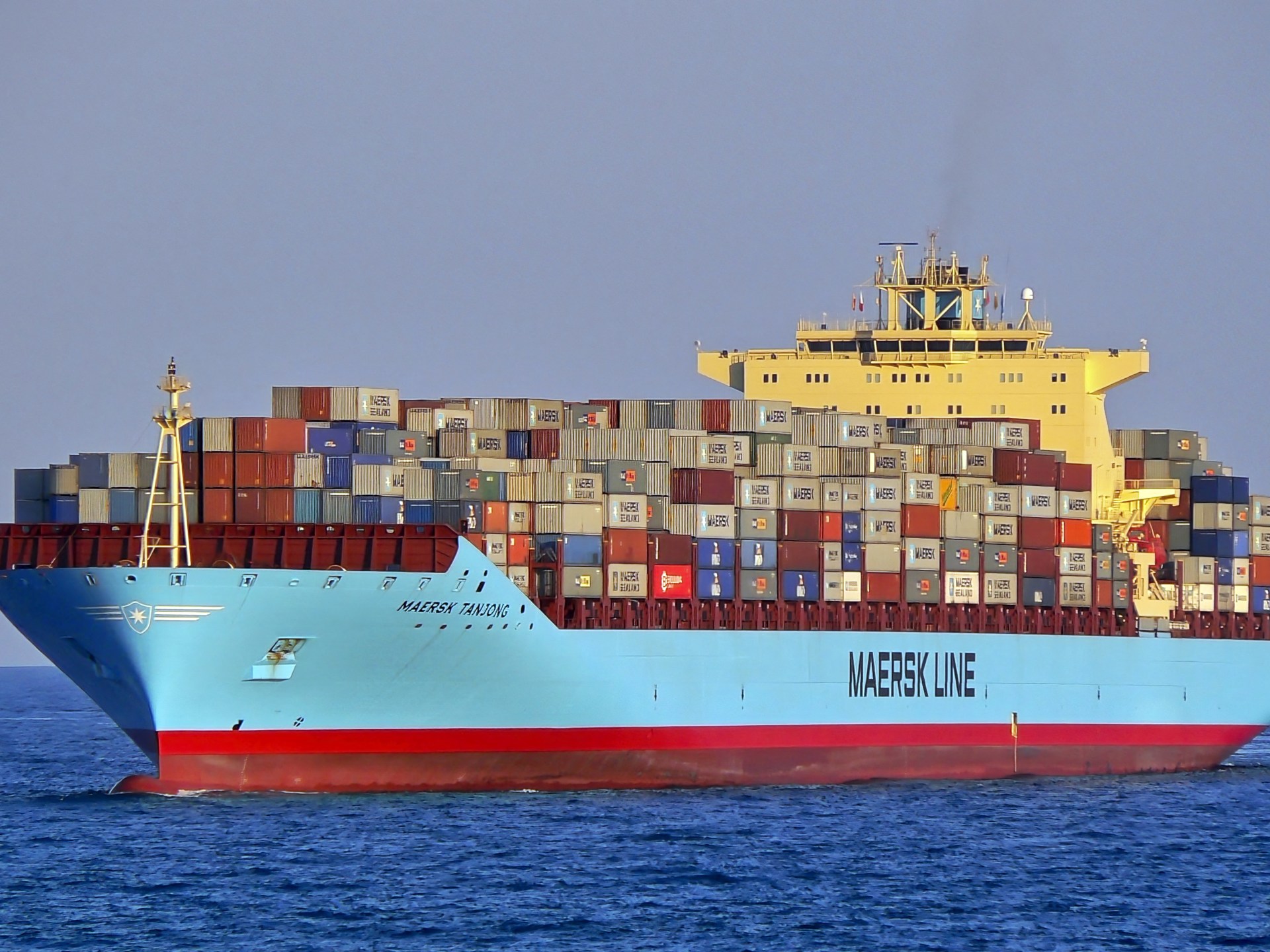


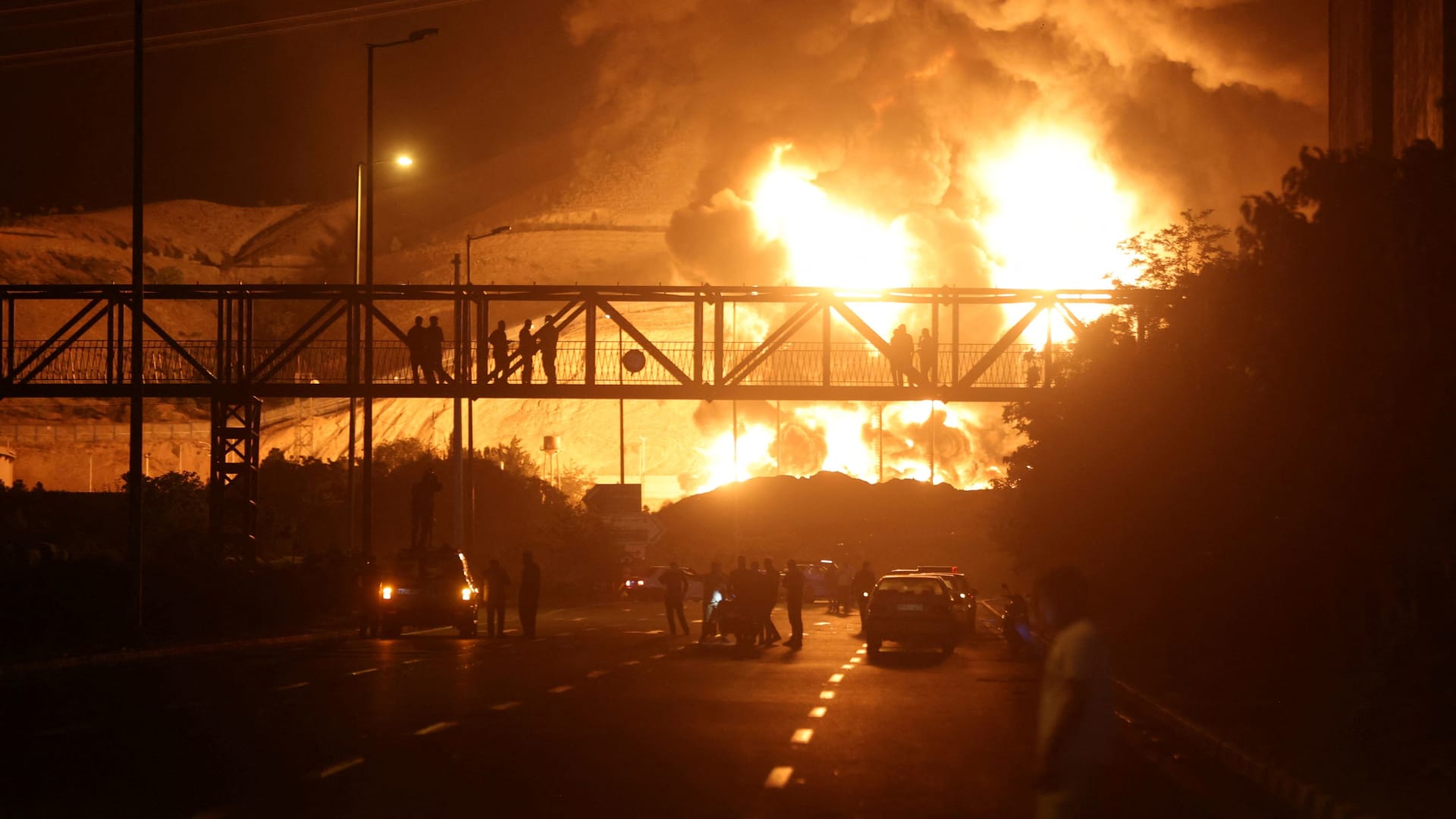
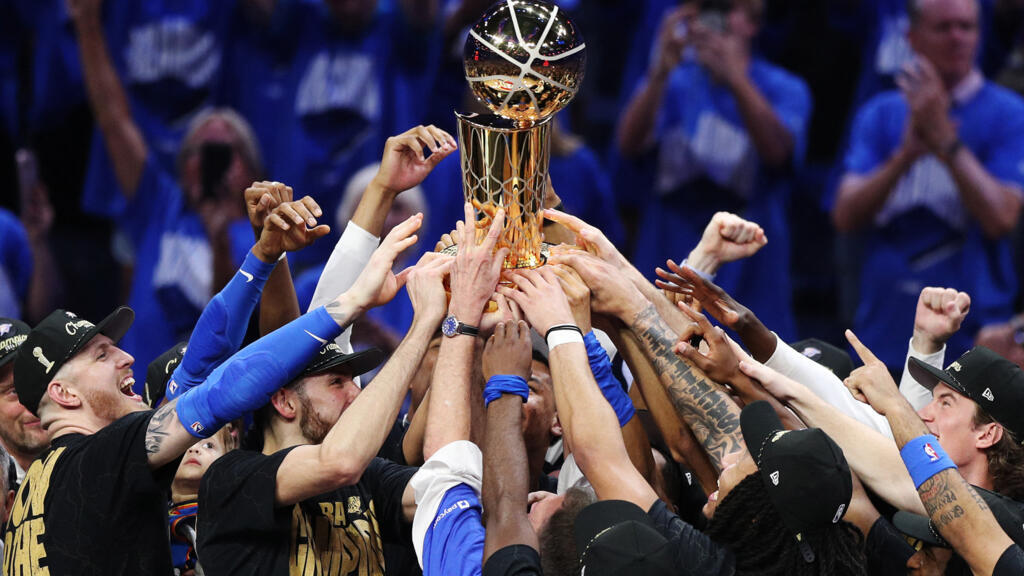
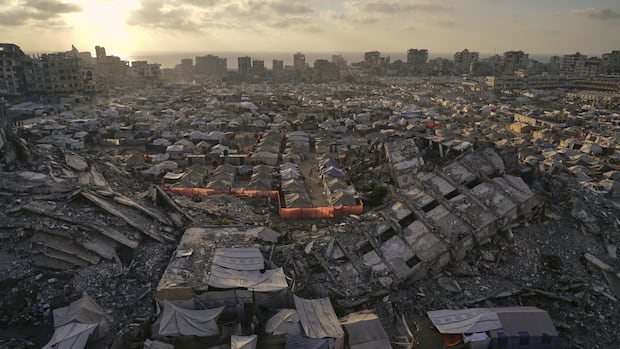

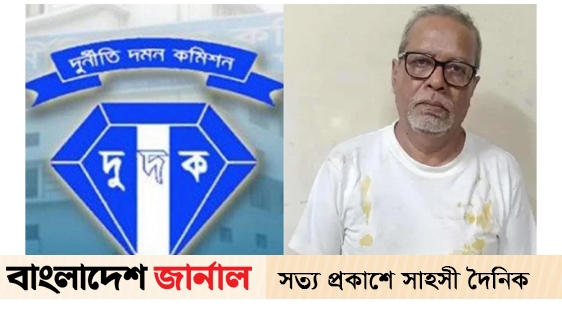
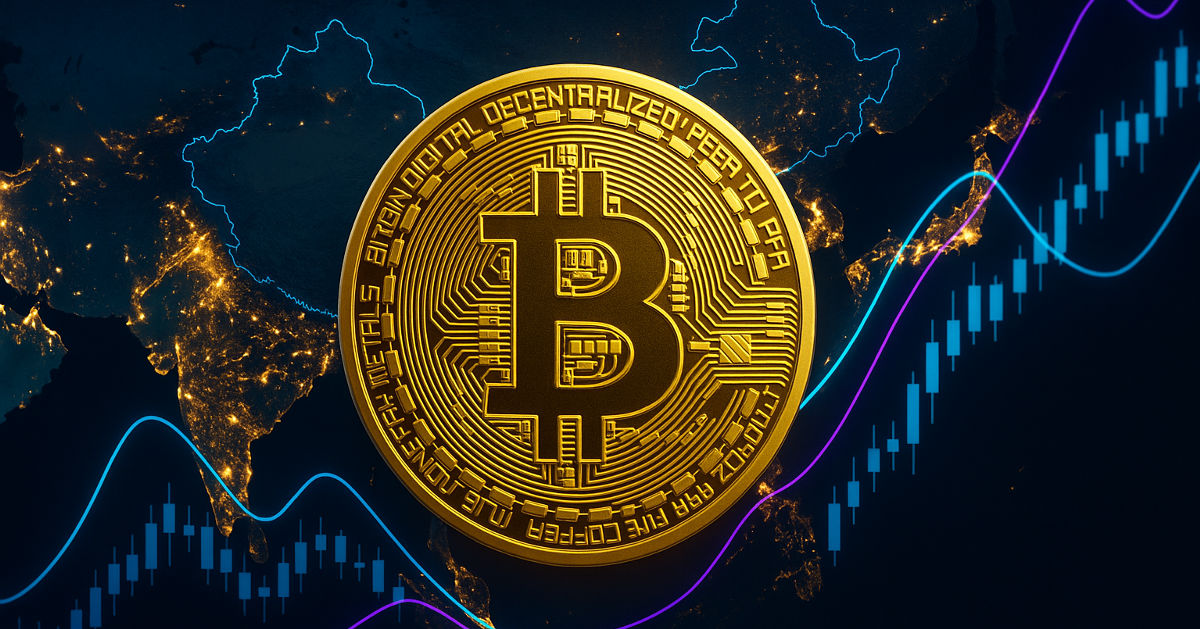
Leave a Reply